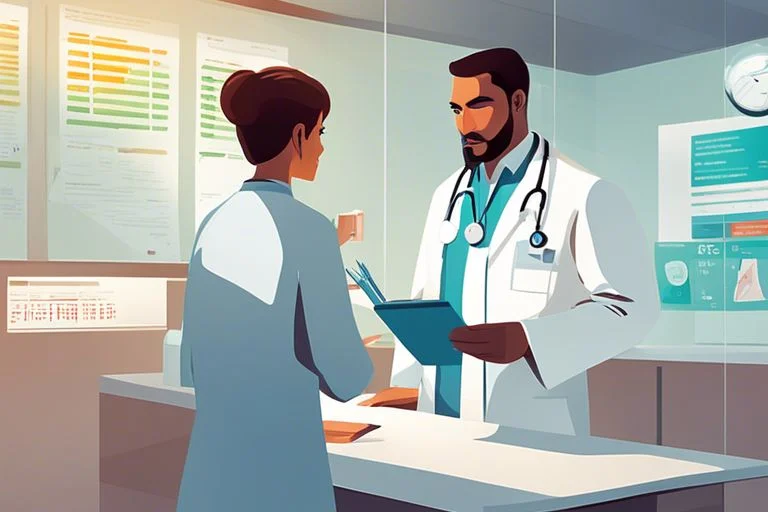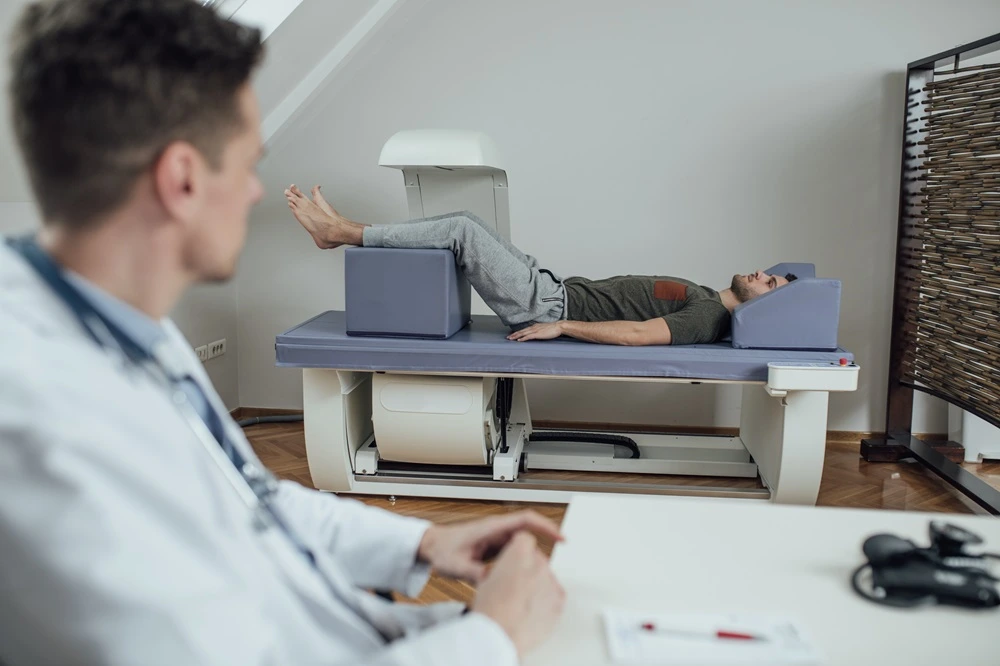STD screening is a fundamental component of responsible sexual health, yet it’s often overlooked or delayed. Regular screenings help detect infections early, sometimes before symptoms appear, allowing for prompt treatment and reducing the risk of complications or transmission. Whether you’re in a long-term relationship or have new partners, understanding the need for routine sexual health screening is key to protecting your health and that of others.
Why STD Screening Matters
Many sexually transmitted diseases remain completely symptomless for months or years after infection. This absence of symptoms creates a false sense of security. Infected individuals unknowingly transmit diseases to sexual partners while remaining unaware of their condition. Regular std screening identifies these hidden infections before they cause serious health complications or spread to others.
Early detection through STD testing allows for prompt treatment with antibiotics or antiviral medications. Most bacterial infections respond well to treatment when caught early. Viral infections become more manageable with early intervention and the use of appropriate medications.
Who Should Get Screened
All sexually active individuals benefit from regular STI checkups, but specific groups require frequent testing. Individuals with multiple sexual partners should contemplate testing every three to six months. Those with a history of sexually transmitted diseases require frequent monitoring. People preparing for pregnancy should complete comprehensive screening to protect both maternal and fetal health.
High-risk groups need specialized testing schedules. Healthcare providers develop personalized testing schedules based on individual risk factors and sexual practices. Annual screening proves helpful for most sexually active adults as a baseline approach. Testing frequency should increase with higher-risk behaviors or when symptoms develop. Open communication with healthcare providers helps determine the most appropriate screening schedule.
What to Expect During an STD Screening
Std screening involves collecting blood, urine, or swab samples, depending on the specific infections being tested. Blood tests detect HIV, syphilis, and hepatitis infections through antibody detection. Urine samples identify chlamydia and gonorrhea in both men and women. Swab samples from genital areas provide further testing options for various infections.
The screening process begins with a confidential discussion about sexual history and risk factors. Healthcare providers ask about the number of sexual partners, types of sexual activity, and previous STD history. This information helps determine which tests are most appropriate for each individual.
Most tests require minimal discomfort and can be completed in just a few minutes. Blood draws involve a quick needle stick similar to routine blood work. Urine collection requires a simple sample in a sterile container. Genital swabs may cause brief discomfort but are completed rapidly by trained professionals.
The Broader Benefits of Regular Testing
Regular sexual health screening promotes overall wellness, extending beyond the detection of infections. Testing creates opportunities for comprehensive sexual health education and counseling. Healthcare providers discuss safe sex practices, contraception options, and relationship health during screening visits.
Consistent testing helps establish baseline health markers for future comparison. This ongoing monitoring identifies changes in health status, allowing for preventive interventions. Regular healthcare contact also facilitates discussions about other health concerns and wellness goals.
STD screening reduces community transmission rates by enabling the early identification and treatment of infections. This public health benefit protects both individual and population health. Contact tracing and partner notification further limit the spread of disease within communities.
Book an STD Screening Today
Regular STD screening is a key investment in long-term sexual health and overall wellness. Early detection prevents serious complications while protecting sexual partners from infection. Schedule your sexual health screening with a trusted healthcare provider to arrange your appointment and prioritize your sexual health.
- Pedrovazpaulo Wealth Investment: Unlocking Financial Freedom Through Innovative Strategies
- EO Pis: A Comprehensive Guide to Environmental Objectives and Performance Indicators
- Premiumindo69: The Future of Digital Entertainment
- Macadamia Nut Milk: Health Benefits, Recipes, and Why It’s the Perfect Dairy-Free Alternative
- Hentquz: The Future of Productivity and Collaboration


